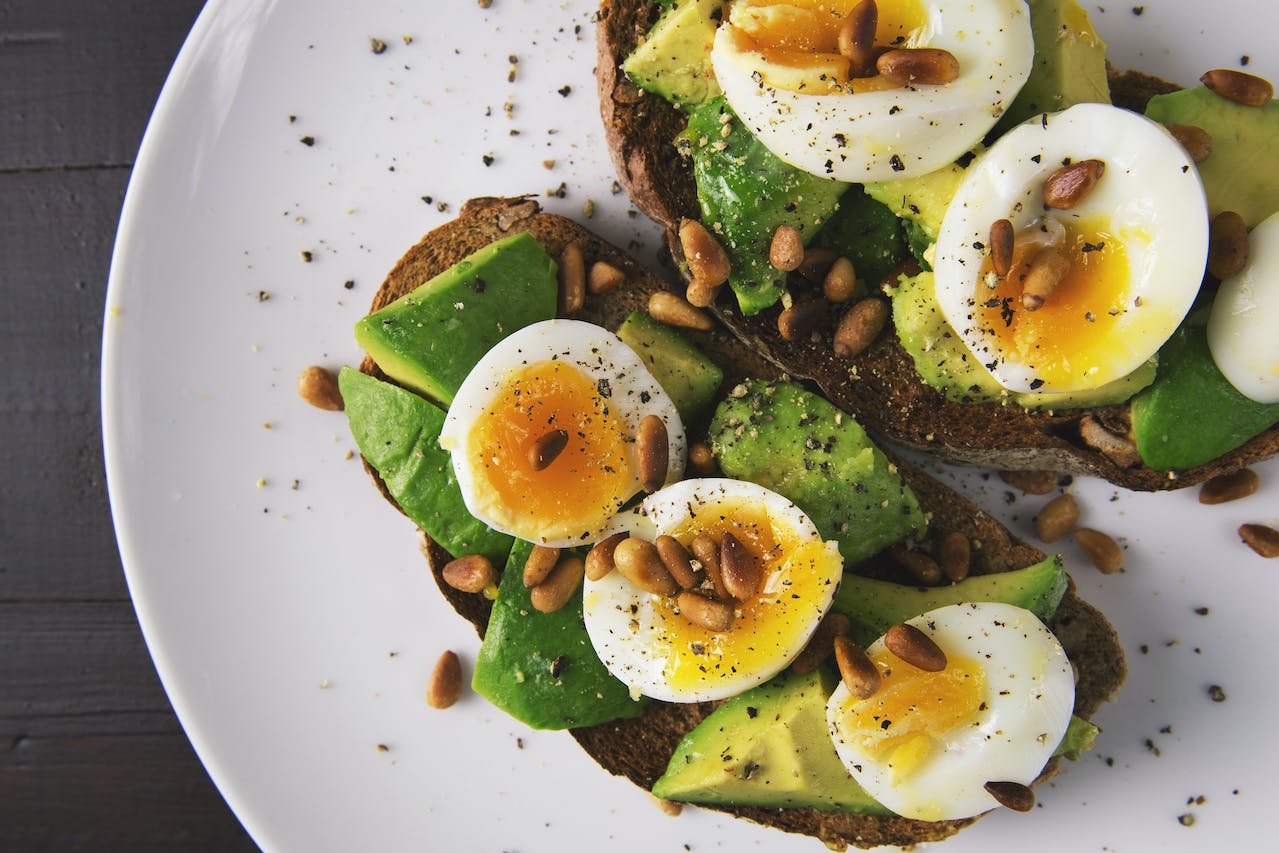Physical Wellness
4 'Bad' Foods That Secretly Fuel Weight Loss

(Photo : Foodie Factor / Pexels)
Certain foods are often unfairly branded as enemies of weight loss, but a deeper look reveals unexpected allies in the quest to shed pounds. Contrary to common belief, items such as eggs, carbohydrate-rich grains, full-fat dairy, and potatoes actually offer benefits that aid weight loss, defying traditional dietary norms.
Below are the "bad" foods that surprisingly fuel weight loss:
1.Eggs
Consuming eggs does not directly impact cholesterol levels or heart disease risk, positioning them as a viable component of a weight loss regimen. With just 70 calories, 5 grams of fat, and 6 grams of protein per large egg, they offer a balanced dietary addition.
A comprehensive review in 2023, analyzing 32 controlled clinical trials, unveiled that egg consumption did not notably influence body weight. Notably, research involving calorie restriction and healthy individuals demonstrated a reduction in body mass index (BMI) with increased intake of whole eggs. This phenomenon is attributed to the satiety-inducing properties of egg protein.
2. Potatoes
Contrary to popular belief, potatoes can actually aid in weight loss, thanks to their unique starch composition. Potatoes contain resistant starch, a type of carbohydrate that resists digestion and helps regulate appetite. Per Eating Well, a study in 2020 revealed that consuming potatoes led to appetite suppression and reduced short-term food intake.
Furthermore, combining potatoes with protein-rich foods enhances satiety and diminishes hunger. Consider pairing your potatoes with protein sources such as beans, eggs, dairy, or chicken for a weight-loss-friendly meal.
3. Carb-loaded Grains
Grains loaded with carbohydrates, such as pasta, bread, and rice, often carry a negative connotation as "bad" foods to be limited. However, despite their carbohydrate content, these grains can still play a role in a nutritious weight-loss plan. A review conducted in 2022 revealed that overweight individuals experienced no disparity in weight loss outcomes between adhering to a low-carbohydrate diet and a balanced-carbohydrate diet. Instead, the review suggested that total calorie intake holds greater significance in determining weight changes.
Furthermore, whole grain carbohydrates like brown rice and quinoa offer additional benefits due to their high fiber content. Fiber is known to aid in appetite regulation and promote a healthy weight, making these whole grain options favorable choices in a balanced diet.
4. Full-fat Dairy
While low-fat dairy is often recommended, the impact of full-fat dairy, like whole milk or cheese, on weight is less clear. Research shows that consuming full-fat dairy might not lead to weight gain, despite having more calories and fat.
A 2020 study found no link between full-fat dairy and weight gain in children. Another study from the same year also found no association between full-fat dairy and obesity in children or adults. Many Americans don't consume enough dairy anyway, so concerns about calorie intake from full-fat options may be overblown.
Full-fat dairy contains more saturated fat than low-fat versions, which could raise concerns about heart health. However, research suggests that consuming full-fat dairy doesn't worsen heart disease risk factors. In fact, fermented full-fat dairy products like yogurt and cheese might even protect against heart disease and type 2 diabetes. Overall, while low-fat dairy is often promoted, full-fat options may not be as bad as once thought and could have some health benefits.








Join the Conversation